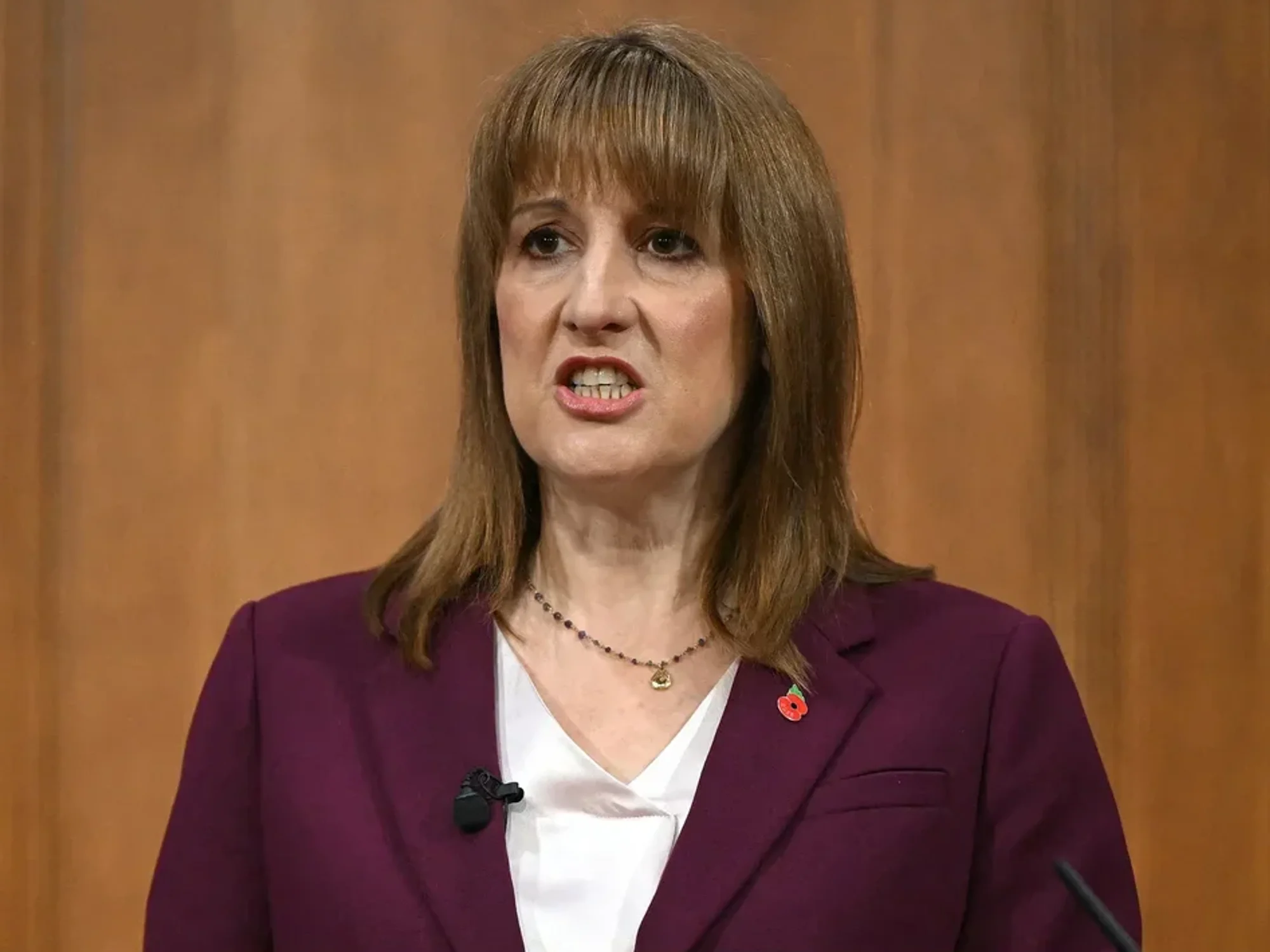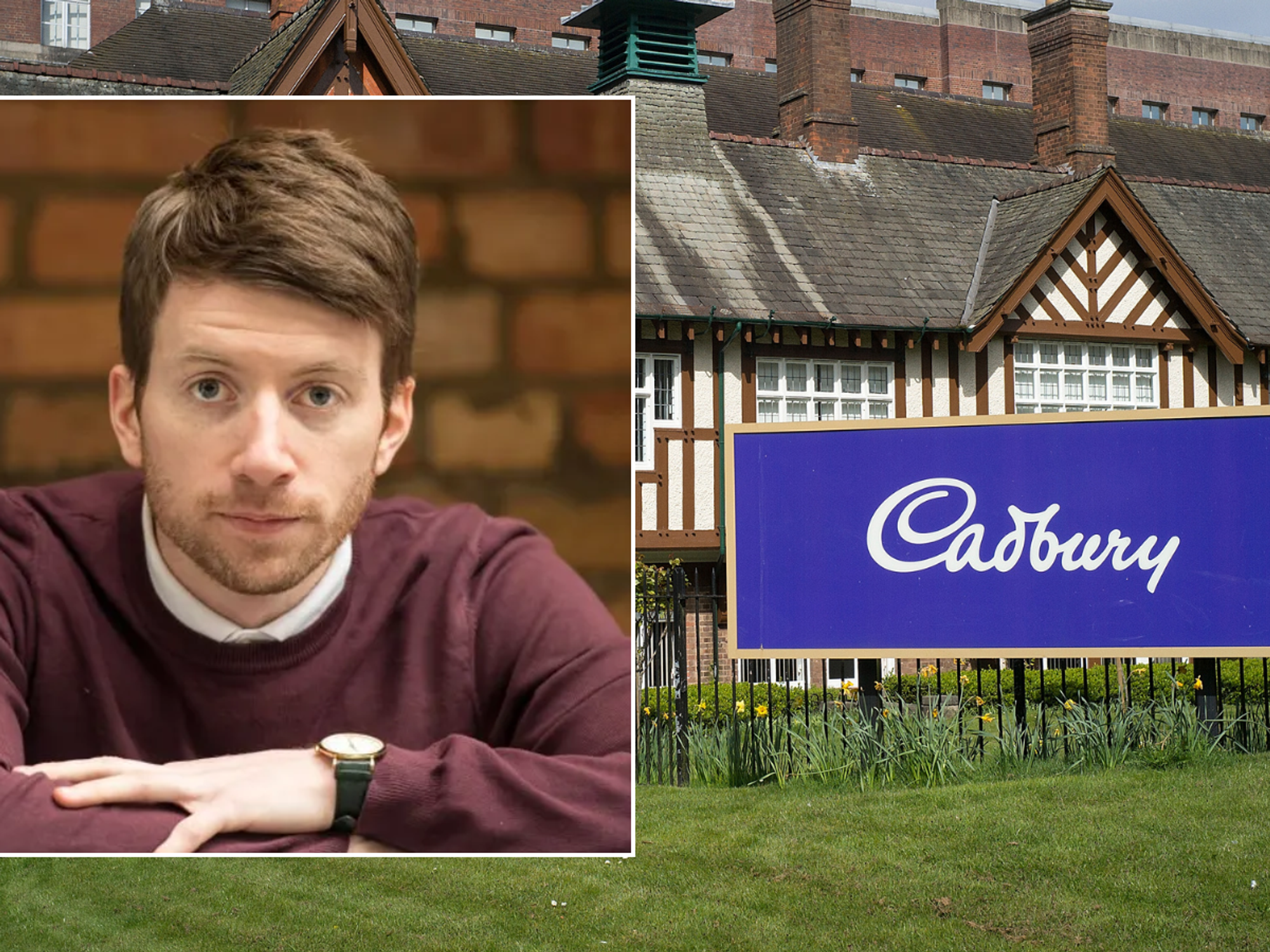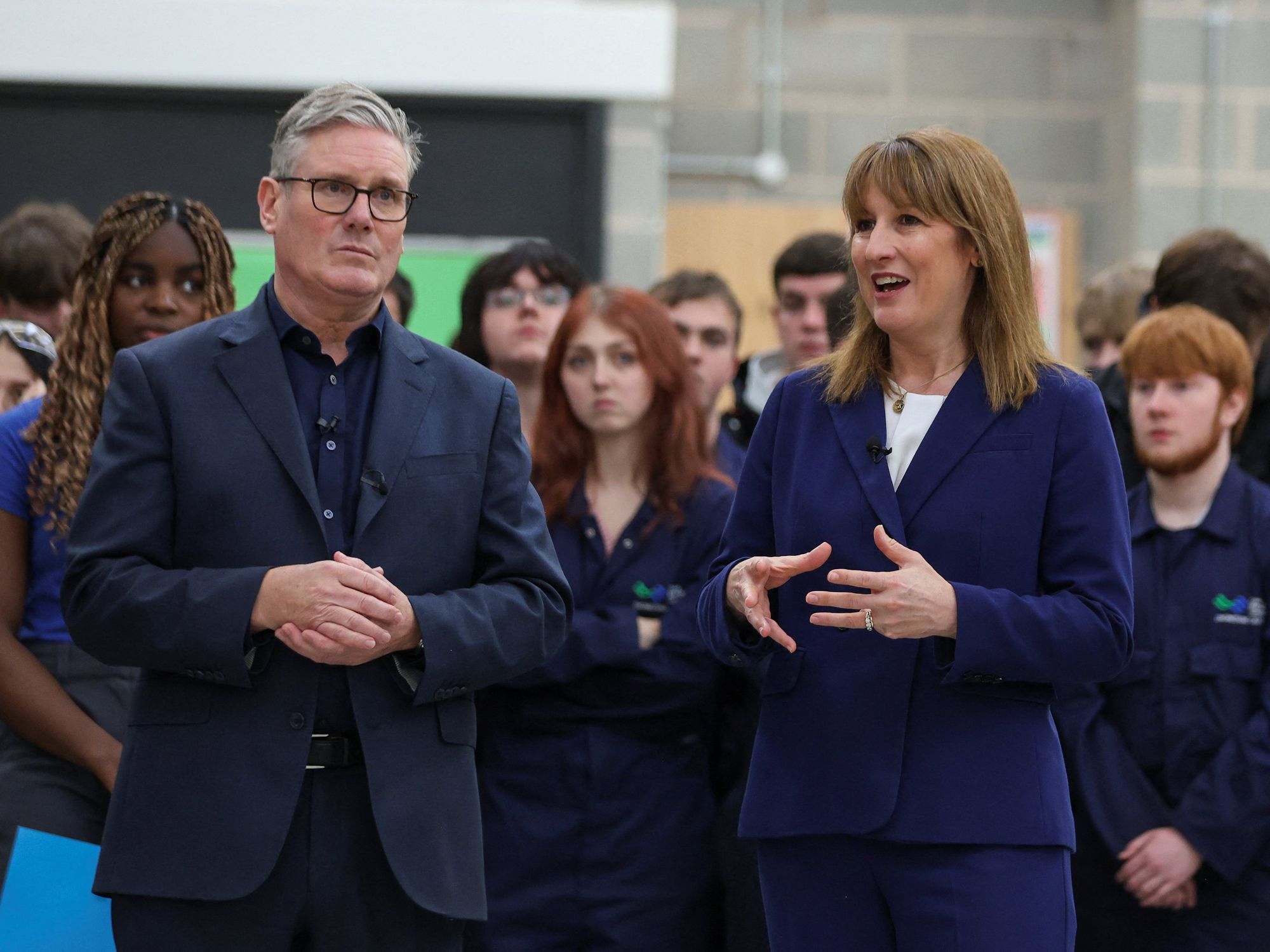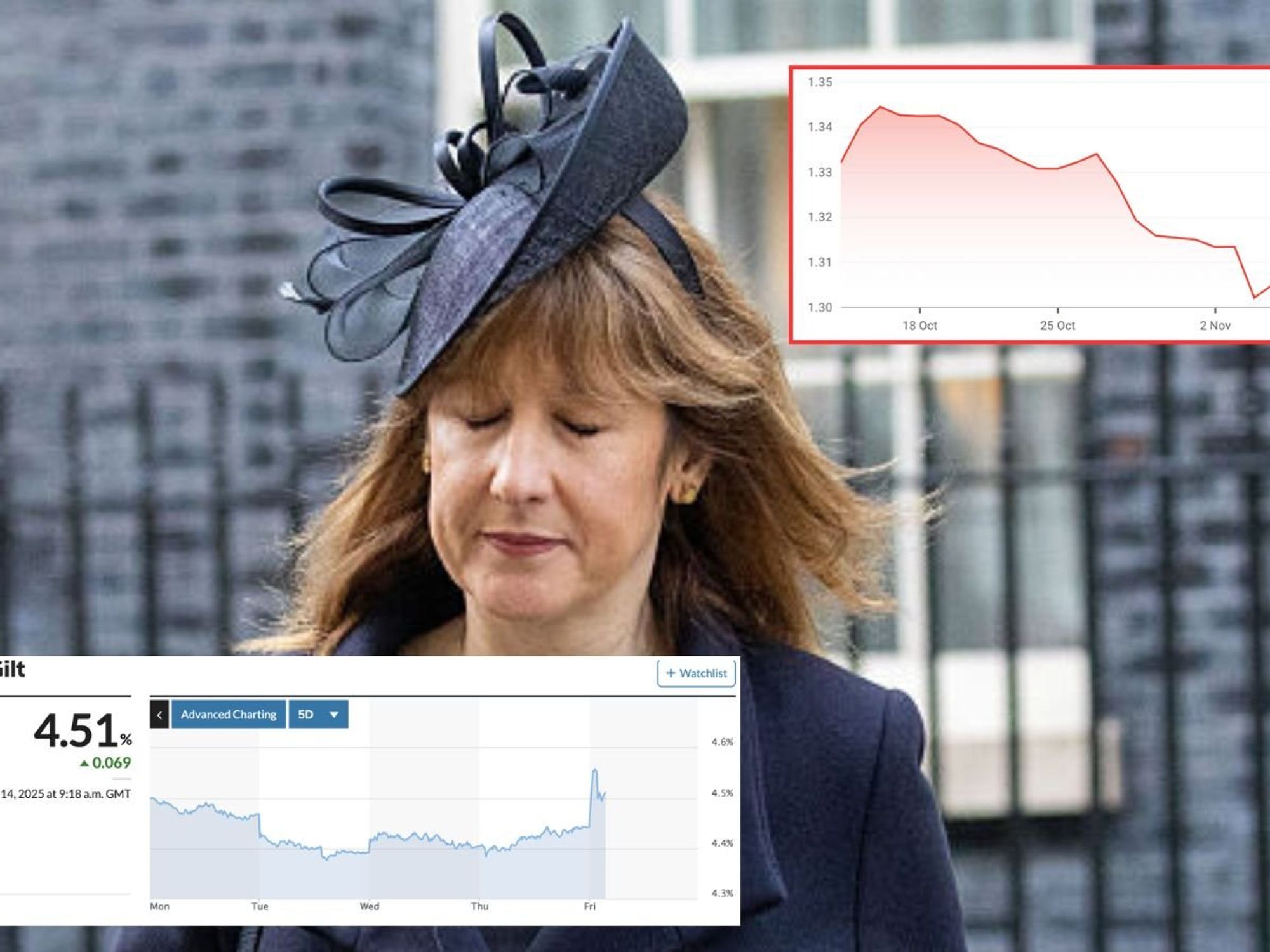Mortgage crisis: Homeowners hit by £556 rise in monthly bills as interest rates set to stay at 4% until 2026

Typical mortgage costs have jumped 46 per cent since 2020, piling fresh pressure on homeowners
Don't Miss
Most Read
Latest
Families are being pushed to breaking point as mortgage costs soar to new heights.
Rising bills and stubbornly high interest rates are fuelling fears of a deepening housing crisis
Homeowners across Britain are under mounting pressure as monthly mortgage payments have surged by £556 in just five years. The typical cost of a two-year fixed-rate deal has risen from £931 a month in 2020 to £1,487 in 2025, according to new research.
That’s an increase of 46 per cent in cash terms, or 22 per cent once inflation is taken into account.
The steep rise reflects the jump in average mortgage rates from 3 per cent to 5.5 per cent for borrowers with a 10 per cent deposit over the same period.
The Bank of England’s base rate has moved sharply from just 0.1 per cent in early 2020 to its current four per cent, having peaked at 5.25 per cent through 2023 and 2024.
Experts now expect the Bank to hold rates at four per cent until 2026, meaning little relief for households already battling higher bills. The Monetary Policy Committee meets again on Thursday, with analysts predicting no change.
Financial experts believe the Bank of England will take a cautious stance in the coming months, with rate cuts unlikely before February. Markets expect no change at either the November or December meetings.
Thomas Pugh, chief economist at RSM UK, said: "It's all but guaranteed that the Bank of England will hold interest rates at four per cent at its meeting on Thursday."
LATEST DEVELOPMENTS:
 Economists are warning mortgage rates will not be 'reduced significantly' with current inflation figures | GETTY
Economists are warning mortgage rates will not be 'reduced significantly' with current inflation figures | GETTY Philip Shaw of Investec agreed, warning that rates could remain stuck until the end of the year, a major blow for borrowers hoping for relief.
Fresh research from Yorkshire Building Society shows just how concerned households are.
More than eight in ten (83 per cent) expect inflation to squeeze their finances over the next five years, while 78 per cent fear the impact of high interest rates and three quarters worry about government tax and regulatory changes.
The society’s analysis also highlights how far mortgage costs have escalated. The average monthly bill for a two-year fixed deal has soared from £931 in 2020 to £1,487 today, leaving homeowners paying £556 more each month than they were five years ago.
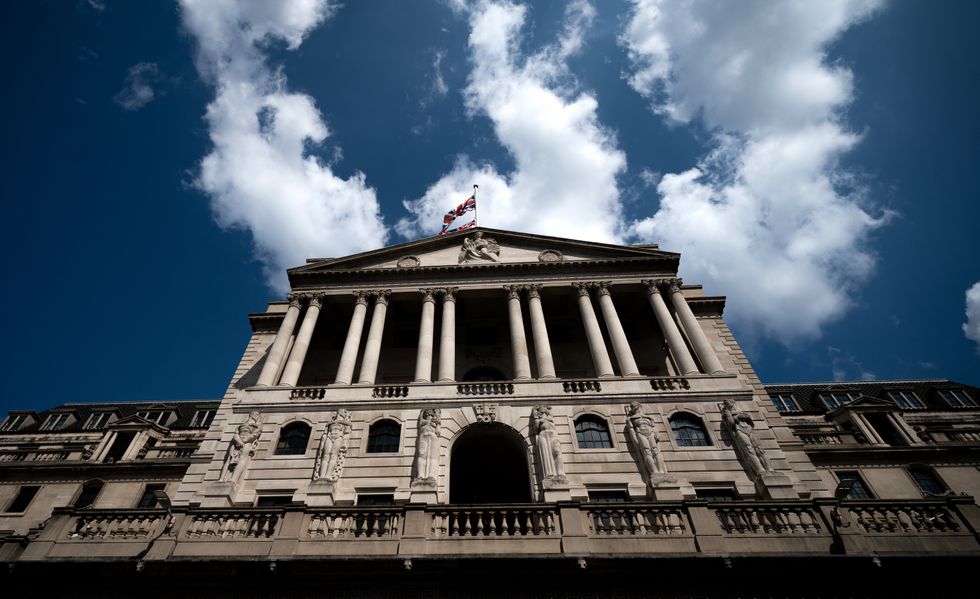
Experts warn that the base rate could remain stuck until the end of the year, a major blow for borrowers hoping for relief
| PAMoneyfacts data shows how sharply mortgage costs have risen, with typical two-year deals for buyers with 10 per cent deposits climbing from three per cent to 5.5 per cent.
The figures come as the Government prepares its Budget on November 26, adding to household uncertainty over future financial pressures.
The UK economy continues to pose a difficult backdrop for monetary policy. Inflation stands at 3.8 per cent, down from a peak of 11.1 per cent in October 2022, but still stubbornly above the Bank of England’s two per cent target.
At the same time, the labour market has weakened. Unemployment has reached a four-year high and job vacancies are falling, complicating the Bank’s rate decisions.
Rob Wood and Elliott Jordan-Doak from Pantheon Macroeconomics pointed out that Governor Andrew Bailey seems relaxed about current market pricing, which indicates just a 40 per cent chance of further rate cuts this year.
They added: "The late Budget will likely also encourage the MPC to wait until December at least before considering another cut."
The committee has already stressed, back in August, that any loosening of policy must be done "gradually and carefully" given ongoing uncertainties. With households feeling the squeeze, financial planning has become more important than ever.

People's pockets have been hit hard in the last five years because of rising inflation and interest rates
| GETTYMax Shepherd, Group Economist at Yorkshire Building Society, said: "People's pockets have been hit hard in the last five years because of rising inflation and interest rates. So it's not surprising that people are worried about the impact they could have in the five years to come."
Rachel Springall, Finance Expert at Moneyfacts, added: "The past five years have been a challenge for consumers, particularly those struggling with the cost of living. Borrowers who locked into a cheap five-year fixed in 2020 will be facing higher mortgage repayments when they come to remortgage, so they could well see a dip overall in their disposable income."
She also underlined the importance of careful planning: households should budget, look for the most competitive mortgage deals, and make sure their savings accounts keep pace with inflation.
More From GB News





